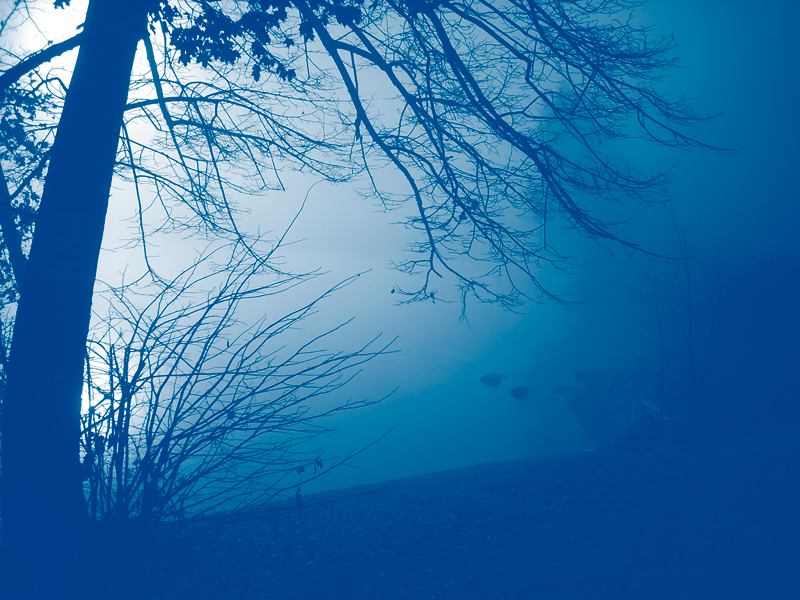Writing for me is as much a spiritual as an artistic journey.
Mine began at the age of nine when I disappeared with Maggie Tulliver into The Mill on the Floss by George Eliot. I was alone in the cabin at our family cottage, reading through long summer hours a book I was too young to understand on the level of cultural and social commentary. But at a deeper level I was transported into an interior landscape I have never forgotten. That an author could reach into the confusion of a solitary child filled with inarticulate longings and reveal to her the first glimmerings of what it means to be human – to love, to lose, to grieve and struggle with the unanswerable questions of life – this was the miracle, the moment of enchantment. Somehow I knew when I grew up I had to do for others what George Eliot had done for me: awaken the heart into the mystery of being.
Thereafter my reading became a hunt for that quality of revelation, that intensity of awareness and clarity of thought that I had found in George Eliot. I gathered stories as whole identities that I might inhabit, learn from and carry with me as beacons on the journey, even as food itself. A hidden life, a secret hunger I could neither defend nor explain – especially within a familial ethos of practical and worldly achievement – this solitary pleasure became my portal into the writers’ realm. As many authors have experienced before me, the pursuit has shaped my life.
My writing has emerged in dialogue with my teaching, which began during my MA in English. I posed that eternal question – how does the writer organize the chaos of life through the creative process? Along the way my search has transformed into a spiritual process of successive awakenings. My novels have unfolded as stages on the journey; my teaching, an ever-deepening exploration of how we come to find our own voice and the stories we have to tell.
Something of a great mystery calls to me when I write and teach. In return I have learned to listen and bear witness.

